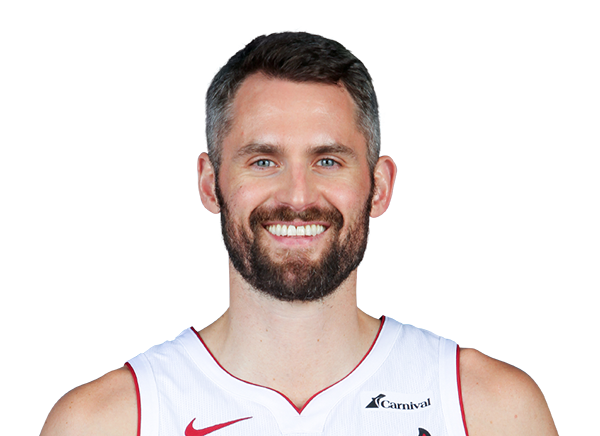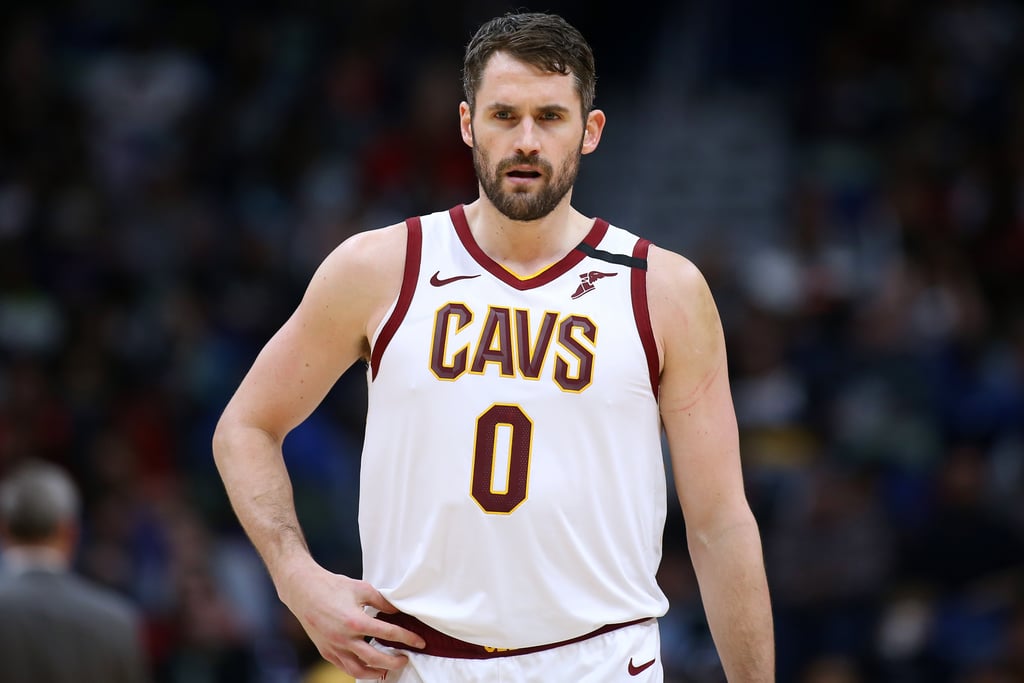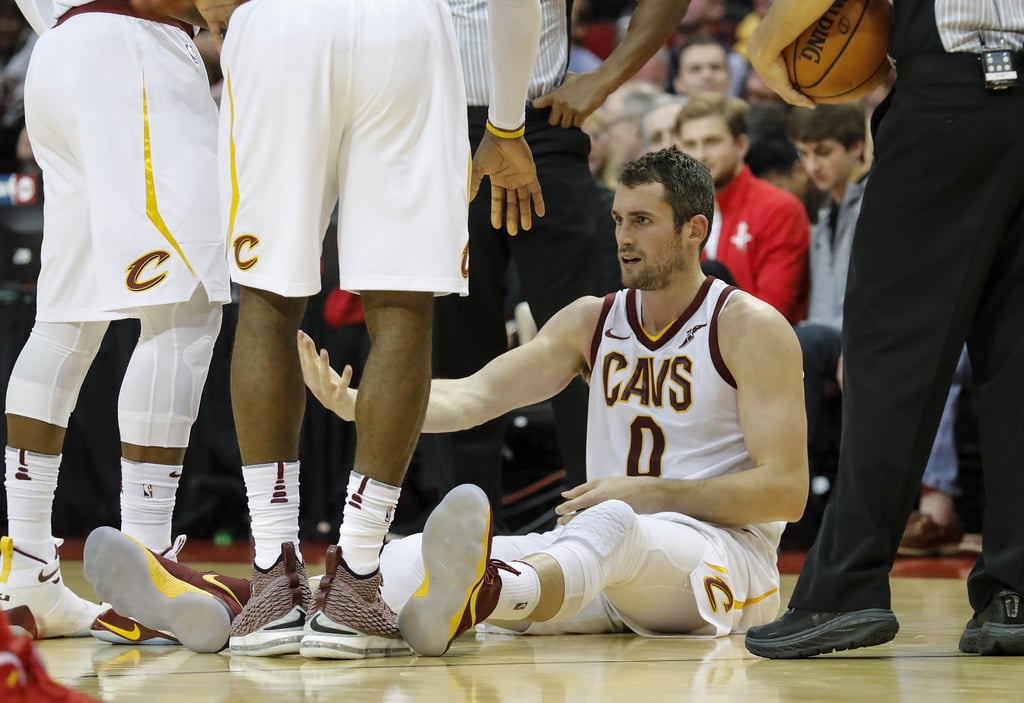In the high-stakes world of professional sports, the pressure to perform can be overwhelming. Athletes often feel compelled to project strength, resilience, and invulnerability. However, Kevin Love, a star forward for the Cleveland Cavaliers, has shattered this stereotype by openly discussing his mental health struggles. His willingness to embrace vulnerability has positioned him as a role model for athletes everywhere. This article delves into Love’s journey, the importance of vulnerability in sports, and how his example can inspire others.
The Journey of Kevin Love

Kevin Love, born on September 7, 1988, in Santa Monica, California, rose to prominence as a basketball prodigy. After a stellar college career at UCLA, he was drafted fifth overall by the Memphis Grizzlies in 2008 and subsequently traded to the Minnesota Timberwolves. During his time there, Love emerged as one of the NBA’s elite players, earning multiple All-Star selections and helping the Timberwolves reach the playoffs.
However, behind the accolades and on-court success, Love faced significant mental health challenges. In 2017, he experienced a panic attack during a game, prompting him to confront his mental health struggles publicly. This moment marked a turning point in Love’s life and career, as he began advocating for mental health awareness.
The Importance of Embracing Vulnerability

Vulnerability is often perceived as a weakness, especially in competitive environments like sports. However, embracing vulnerability can lead to numerous benefits:
- Promotes Authenticity: Being open about struggles fosters genuine connections with others.
- Encourages Help-Seeking Behavior: Athletes may feel empowered to seek help when they see their role models doing the same.
- Reduces Stigma: Open conversations about mental health can help normalize these discussions and reduce stigma.
- Enhances Performance: Mental well-being is closely tied to physical performance; addressing mental health can lead to improved outcomes.
Kevin Love’s Advocacy for Mental Health
After publicly revealing his struggles, Love took several steps to advocate for mental health awareness:
- Essays and Interviews: He penned an essay for The Players’ Tribune titled “Everyone Is Going Through Something,” where he detailed his experiences with anxiety and depression.
- Partnerships: Love partnered with mental health organizations, such as the National Alliance on Mental Illness (NAMI), to promote awareness and resources for mental health.
- Public Speaking: He has spoken at various platforms, including the NBA All-Star Weekend, sharing his story and encouraging others to prioritize mental health.
Impact on Athletes and Society
Kevin Love’s openness about his mental health has had a profound impact on both athletes and society. Some notable effects include:
- Increased Awareness: Love’s story has sparked conversations about mental health in sports, encouraging other athletes to share their experiences.
- Role Model for Young Athletes: Young athletes look up to Love, and his vulnerability serves as a powerful reminder that it is okay to struggle.
- Advocacy for Mental Health Resources: Organizations have begun to prioritize mental health resources for athletes, ensuring they have access to support.
Case Studies: Other Athletes Embracing Vulnerability
Kevin Love is not alone in his journey; several athletes have also embraced vulnerability and advocated for mental health:
- DeMar DeRozan: The Toronto Raptors star openly discussed his struggles with depression and anxiety, inspiring many with his honesty.
- Michael Phelps: The Olympic swimmer has been vocal about his mental health challenges, advocating for mental well-being and creating a platform for others to share their stories.
- Naomi Osaka: The tennis champion withdrew from the French Open in 2021 to prioritize her mental health, sparking a global conversation about athlete well-being.
Statistics and Research on Mental Health in Sports

The importance of mental health in sports is supported by various studies and statistics:
- Prevalence: A study published in the Journal of Clinical Sports Psychology found that nearly 35% of athletes experience significant anxiety or depression.
- Performance Impact: Research shows that mental health issues can negatively impact athletic performance, leading to decreased motivation and focus.
- Stigma Reduction: A survey by the American Psychological Association indicated that 61% of athletes believe mental health stigma is a barrier to seeking help.
How Athletes Can Embrace Vulnerability
For athletes looking to embrace vulnerability, there are several actionable steps they can take:
- Share Your Story: Open up about experiences and challenges to inspire others.
- Seek Support: Utilize mental health resources, such as therapists or support groups.
- Build a Support Network: Surround yourself with teammates, coaches, and friends who understand and support mental health.
- Prioritize Self-Care: Engage in activities that promote mental well-being, such as meditation, exercise, or hobbies.
Kevin Love’s journey from a high-performing athlete to a mental health advocate illustrates the power of embracing vulnerability in sports. His willingness to share his struggles has not only helped him but has also inspired countless others to do the same. By promoting open discussions about mental health, Love has played a crucial role in breaking the stigma surrounding mental health issues in athletics.
As more athletes follow Love’s example, the sports community can cultivate an environment where vulnerability is seen as a strength, leading to improved mental health and overall performance. The key takeaways from Love’s journey highlight the importance of authenticity, the need for mental health resources, and the impact that one individual can have in changing the narrative around vulnerability in sports.